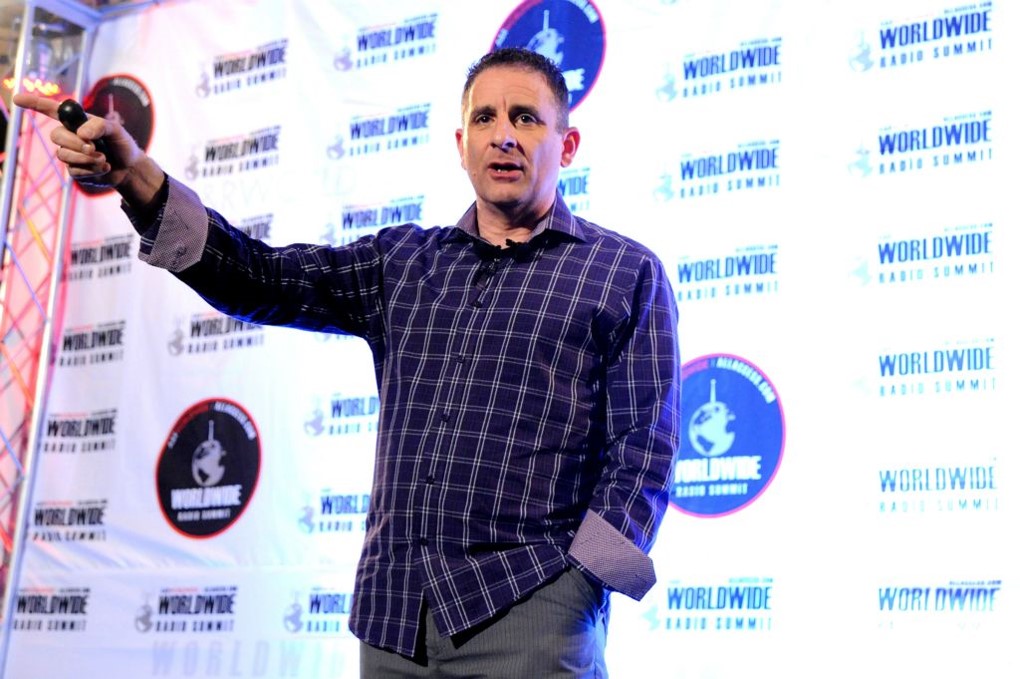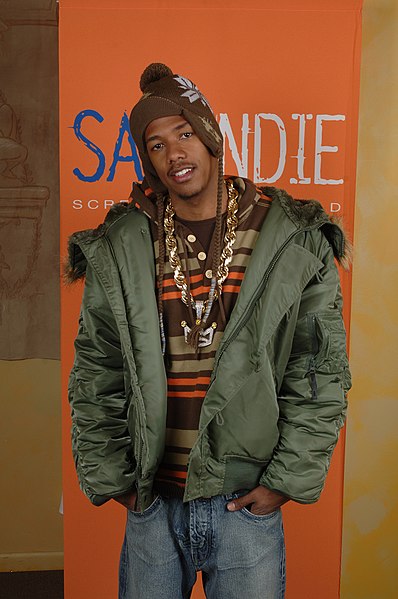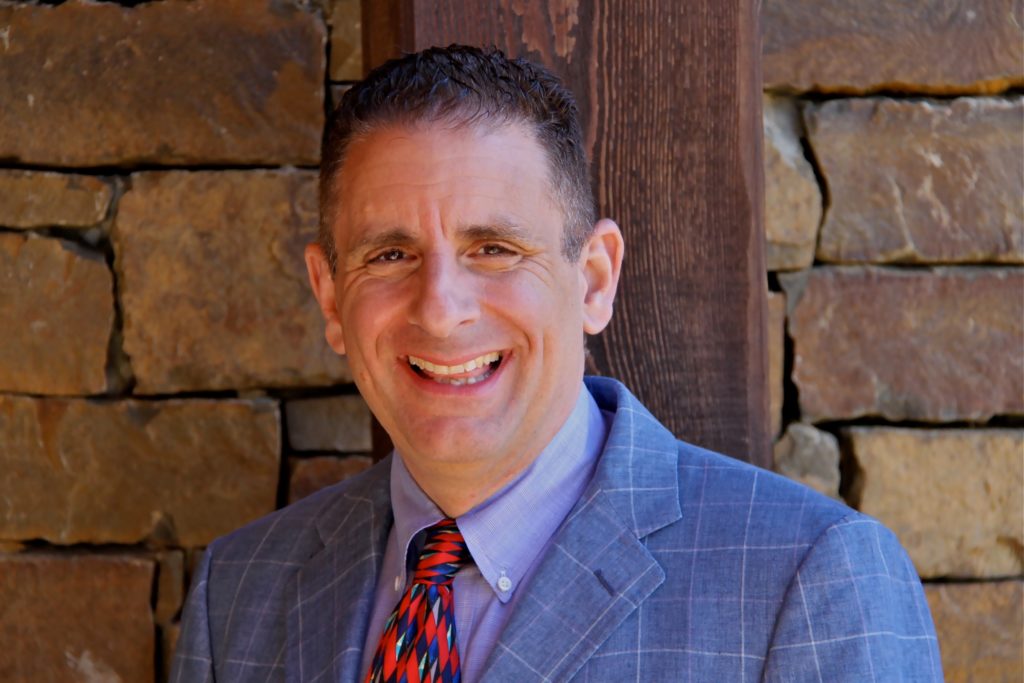
I’ve known Steve Reynolds for a long time. When I first met him, Steve was half of the famous Reynolds & Silva team at WRDU/Raleigh-Durham. He later went on to become one of the pre-eminent talent coaches in radio. And as good as he was behind the mic, he has found his true calling in helping radio talent perform at their highest level. He formed “The Reynolds Group” nearly two decades ago, and hasn’t looked back.
Steve and I bump into each other at conferences and when we’re both working with shared clients. Every time I see him speak or just hang out with him, I learn something. Recently, I watched him give a presentation about how he identifies star-level talent. And his criteria had nothing to do with deep voices or the usual traits we associate with great personality radio.
Two years ago, he wrote a great “Guest List” for us, and it turned out to be highly viewed and shared. Over this summer, I asked him to give all of you a chance to tap into his brain once again, and the result is this post. We thank Steve for his generosity, and hope you benefit from his knowledge and perspective. If you’d like to get in touch with Steve, contact him here. – FJ

Several years ago when he programmed CBS’s new CHR in New York, my good friend, Dom Theodore, called to ask what I was doing that Thursday.
He shared that he and the company had an odd idea. They wanted to hire Nick Cannon to do the morning show and was curious if I’d come to New York to meet with him to tell them if they were crazy.
Dom “gets” talent and their value to building great radio stations so I went off for a quick flight to that mess-of-an-airport Laguardia and motored into Greenwich Village where I found myself in a room with Nick Cannon. I’d prepared for the meeting with hours of Google searches to learn about him, not only professionally, but personally.
It was just Nick and me, and the chat lasted over two hours.
Upon leaving the room, Dom asked if I thought they were off their rocker for wanting to do something different. My reply before heading back to the airport was, “You’d be foolish to NOT hire him.”

That was how engaging Nick was to talk with. We were total strangers and yet, our back-and-forth was revealing and effortless. He even openly talked about Mariah when I went there. Nick has “it”. He showed qualities and revealed attributes that captured me. And despite his show (and the station) not working out (you try taking on Elvis Duran at Z100!), it had absolutely nothing to do with Nick’s ability to be a standout, stand-up personality.
We need more of them in our industry if we’re going to continue building our brands around great talent.
Of course you don’t have to be a celebrity to have the “It Factor”. We meet regular people all the time who radiate wattage. People who wait tables, HVAC repairmen who engage you in memorable ways before and after they fix your air conditioning unit, neighbors and co-workers who own the moment when you’re around them, or that person sitting next to you on an airplane who can tell a story and make you laugh.
One of my favorite things is to meet and interview new people for radio jobs (in and out of our business) to see if they’re “lightning in a bottle.” If they have qualities that could be coached to become great radio personalities.
One of my ground rules in interviewing is to tell people at the top of the conversation that we will spend our time talking about anything but radio. I want to explore their life and perspective on the topics in the world, both frivolous and serious (I’ll even ask about Trump, just to see if they take a stand with me, not knowing what my take is). I’m looking to check their comfort to reveal themselves as I get highly inquisitive about their life and world view. Can they tell me a story and show their natural sense of humor in all of it? Do they have an opinion and engage me back by asking mine? Would I want to come to a party they’re attending just to be around them?
I want to get to know them, how they get along with their parents, the relationships they had that didn’t work out, the job that was most satisfying not in radio and why, how they fit in at high school, what makes them tick, etc. I figure if they can be vulnerable on this level with me, a total stranger, it might be in them to do so with the audience.
They might have the ability to shift people from being listeners to a radio station to becoming fans of them and their show.
Here are the ten things I look for when engaging people to tell if they are lightning in a bottle – exuding that “It Factor.”
1. They have something to say about the world around them – They are knowledgeable on topics and they’re opinionated, even if they don’t care about the subject. I interviewed for a job once with a program director who told me he was going to throw some topics out and wanted me to comment with what came first to my mind. The topics were all culled from current news and pop culture. I didn’t connect the dots until later that evening that he was testing me to see if I had a working knowledge of the topics, and if I had a take on all of them that could define and connect me to the audience.
2. They are curious – They ask as many questions of you as you do of them. There are some talent I work with who have this insatiable desire to know as much about a topic as they can. Knowing more instigates fresh perspectives, which when shared with the audience, is refreshing. Curiosity cannot be taught – it’s in one’s DNA to want to explore.
3. They are vulnerable and honest – They have no problem sharing stories about their lives to reveal who they truly are, with little to no fear that you will judge them. I’ve interviewed some people over the years who’ve openly told me about a divorce or a great loss in their life, holding back nothing. Vulnerability is the birthplace for a truly great talent. I am always in awe of those who can do that. Conversely, one word answers when I ask why a relationship has thrived or ended is a flag.
4. They have an interest in and a life outside of radio – They look to actively develop relationships in the community because they’re fascinated by other people. I inherited a talent once at a station who was new to the market. For the life of me, I couldn’t get him to experience his new city to talk about it on the show. Exasperated, I asked him to describe what an average day was like once he got done with work. He said he did the same thing every day once home. He watched six hours of Netflix. I politely told the station I couldn’t take their money as there was no helping this guy because he was too much of a recluse to get involved in life in his new town and create content from that.
5. They’re fun to talk with and show their sense of humor – Nick made me laugh – he told me stories that made me lean in, and he did it with a sense of humor. You either have the “humor gene” or you don’t. Find people who not only naturally engage you, but can make you laugh as they talk about stuff.
6. They are creative – They look at things in odd ways that capture your imagination.
7. They get committed to things and have a conviction to creating a great culture – Something we don’t work on enough is teaching leadership and how to positively contribute to the culture of a room. The successful high profile players I work with build significant relationships with those around them, which is why I explore how they’ve done that in their personal lives when I talk with them. I don’t expect everything to be puppies and lollipops – the very best shows I touch know how to build teams and have mechanisms to resolve conflict. They know everything comes from a great culture.
8. They are innovative problem solvers – They bring solutions and not more problems to fix. When I programmed WRAL-FM, Raleigh, there was someone on the staff addicted to bringing me problems. When I told him he couldn’t come to my office unless he brought solutions I would expect him to implement, he recognized the hard work it took to move forward. The visits stopped, by the way, because he could no longer complain. I ask people about the roadblocks that have appeared in their life and what they did to get through them.
9. They’re confident enough to not be the smartest/funniest person in the room – They understand that all good things are derived from strategy (or they can learn that).
10. They have a healthy enough ego to drive stardom, but not so big that they build silos – Great potential talent always gush about and give credit to the people who’ve helped them along the way. And they tend to do this without any prompting.
None of the above has anything to do with radio. Ask them about themselves and the world around them, then listen for these qualities. How many do you find? You won’t hear all of them, but the more you discover, the better chance you’ll have of finding people who can be coached to greatness.
I never expect to find perfect packages with the list above. It’s always incumbent upon us as managers and coaches to challenge our people to grow in these areas. We must teach. But having a foundation of several of the items above gives you people to put on-the-air who will create fans.
 I believe in talent and their value to increase audience share and revenue in a most unqualified way. People who are lightning in a bottle are brand builders.
I believe in talent and their value to increase audience share and revenue in a most unqualified way. People who are lightning in a bottle are brand builders.
We need to continue working hard to find those gems in and out of our business who are 220-volts of electricity. Those who radiate honesty, have a capacity for vulnerability, are curious about the world around them, always asking “why” like a two-year old, and are fun.
These are the kinds of people we’d opt to hang out with on a Friday or Saturday night. Authentic personalities who listeners want to be around each day, too. As they choose the best medium for connection and entertainment – radio.
Those I work with now who have these qualities impact their stations in the most mighty of ways.
How many personalities with that “lightning” do you have in your arsenal, and how will you find more so our industry can remain relevant and thrive?
It’s about the “It Factor.”
Want to hear more from Steve Reynolds? A few years ago, our Digital Dot Connector, Seth Resler, interviewed him backstage at the Worldwide Radio Summit. You can hear that conversation as part of our Worldwide Radio Summit: Backstage Interviews podcast series.
- “Honey, would you please talk to Alexa?” - March 28, 2025
- On The Radio, It’s Always 5 O’Clock Somewhere - March 27, 2025
- Radio: Still King Of The Car? - March 26, 2025




Perfect.
Ten years ago, when the Celtics and the Lakers were locked in their battle for the NBA Championship, I was buried in traffic on the 405. I turned the radio to sports talk. The two guys on the air were promoting a guest, Rick Fox. Rick played for both teams and is an articulatate, interesting guy. Rick and I have a relationship from his time in Boston. We lived in the same building in Cambridge.
I was excited. They teased Rick’s appearance for a half hour. I sat through their BS as I crawled in traffic from Long Beach to the 10. Finally, Rick is on the air. In the next half hour, Rick sat there and listened to the two of them argue and talk, it was like he wasn’t even in the studio, Between saying Hi and Goodbye, I don;t think he said 10 words.
My wife runs a furniture wholesale business, the guys moving furniture around in the warehouse do better sports talk. Carlos and Nacho would have had Rick laughing, talking and answering the hard questions about how to guard Paul Pierce. You want insight on Dodger’s baseball? Go to the warehouse any afternoon.
Steve is so right!
Thanks for that comment. Sad, but in many cases, so true. It helps to think like a fan – whether you’re on the air on a station that plays the Lakers, Led Zeppelin, or Lionel Ritchie.
I love what I’m doing now, but man, this article reminded me how much I miss radio. Great insight!